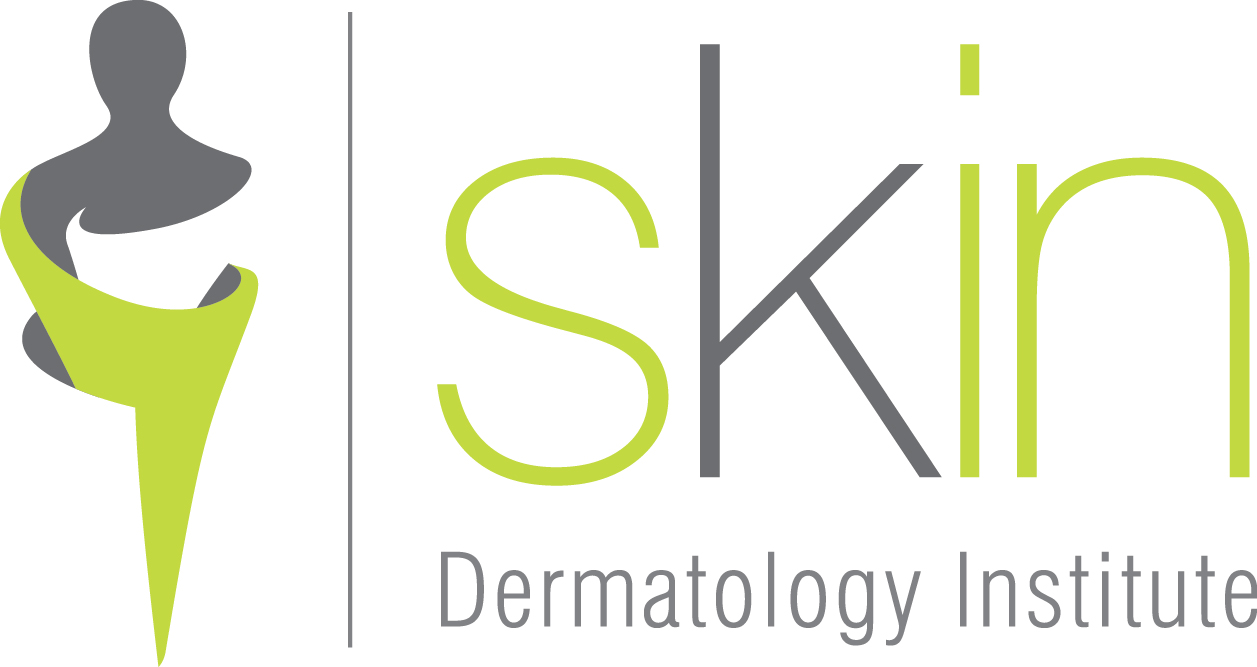Vitamin A is essential and multi-functional for the human body.
Your body needs it to work properly and to maintain healthy organs, vision, immune system and reproduction.
And it’s multi-function wonders don’t stop there.
When looking for anti-ageing solutions, vitamin A cream is at the top of the list.
But be warned.
Even though vitamin A is in a lot of anti-aging creams, often they don’t contain enough vitamin A to make a difference. And sometimes, all you’re buying is an expensive moisturiser.
We want to help you understand vitamin A better so that you can get the most out of it.
What is vitamin A?
Vitamin A is a fat-soluble vitamin that has many uses for your health.
Vitamin A is also be known as retinol. Retinol is a compound found in animal products and plants. It’s also naturally produced in your body.
The antioxidants found in retinol have proven to be highly effective for overall health. And particularly good for your skin.
Vitamin A uses
Other than taking care of your organs, giving you healthy vision and supporting a good immune system, vitamin A has proved to help with skin conditions.
Vitamin A is known to increase collagen production and increase water retention in the skin which can effectively remove fine lines and wrinkles. It can also smoothen complexion by lightening areas of sun damage related pigmentation in the skin.
Other skin conditions such as acne can be helped by vitamin A also. The antioxidants and reduced oil production can help clear clogged pores.
Using vitamin A topically vs orally
Vitamins are often taken in capsule form. For some vitamins it’s the most effective way for your body to utilise them. It’s usually dependant on how they are broken down/absorbed by the body and also if they are sensitive to light or temperature.
In the case of using vitamin A for skin anti-ageing, it’s best to use a cream. It has the best proven results for reducing fine lines and wrinkles.
When taking vitamin A for other body functioning benefits,you can up your intake through food.
Foods that are high in vitamin A:
- Liver and fish oils
- Milk, cheese and egg yolks
- Rich green leafy vegetables; kale, spinach and broccoli
- Orange and yellow vegetables; sweet potato, carrots and dried apricots
But remember the importance of a healthy balanced diet. As with anything, too much of one thing can be detrimental.
The science behind vitamin A skin creams
Retinol is a specific form of vitamin A and has been used in skin creams to reduce fine lines and ageing. When it’s applied topically, enzymes in your skin convert retinol into retinaldehyde and then into retinoic acid.
Retinol is naturally gentle, it’s results are slower and has fewer side effects than stronger creams. The conversion into retinoic acid can take at least a few weeks, which is why you should use retinol products consistently for a few months before expecting to see results.
There are stronger forms of creams such as Retin-A, it’s a prescription-only tretinoin cream. Tretinoin is another name for retinoic acid. Because it is a form of retinoic acid, Retin-A does not need to be broken down by the enzymes in your skin before it can be used.
Retin-A is approximately 100 times stronger than the average retinol cream and has dramatic, speedy results — diminished blemishes, reduction in wrinkles, boosted skin elasticity. But also can have major side effects. Due to its strength, Retin-A can cause itching, scaling, burning, peeling, and extreme redness if not introduced carefully.
Traditionally, Retin-A has only been prescribed for treating acne; however, some dermatologists are also now prescribing it to patients eager to reduce lines and improve skin firmness.
Using prescribed vitamin A cream
We prescribe a tretinoin cream called ReTrieve in cases of dry, sun-damaged and related conditions. Depending on your condition and how your skin reacts to the cream we’ll suggest different regimes. But here are the basic dos and don'ts:
- Apply to washed, clean skin.
- Use only at night as it can react to daylight.
- Do not use on sunburnt skin.
- Some redness and irritation is expected initially but consult your doctor if side effects are harsh.
- Avoid excessive sunlight, sunlamps, strong wind, dry air, harsh soaps and harsh exfoliants.
Get personal advice on your skin
We want you to feel amazing in your skin and we will do anything we can to help you achieve the results you want in a safe and healthy process.
Get in touch with us at the clinic on 07 571 5548 and we can talk through some options.

